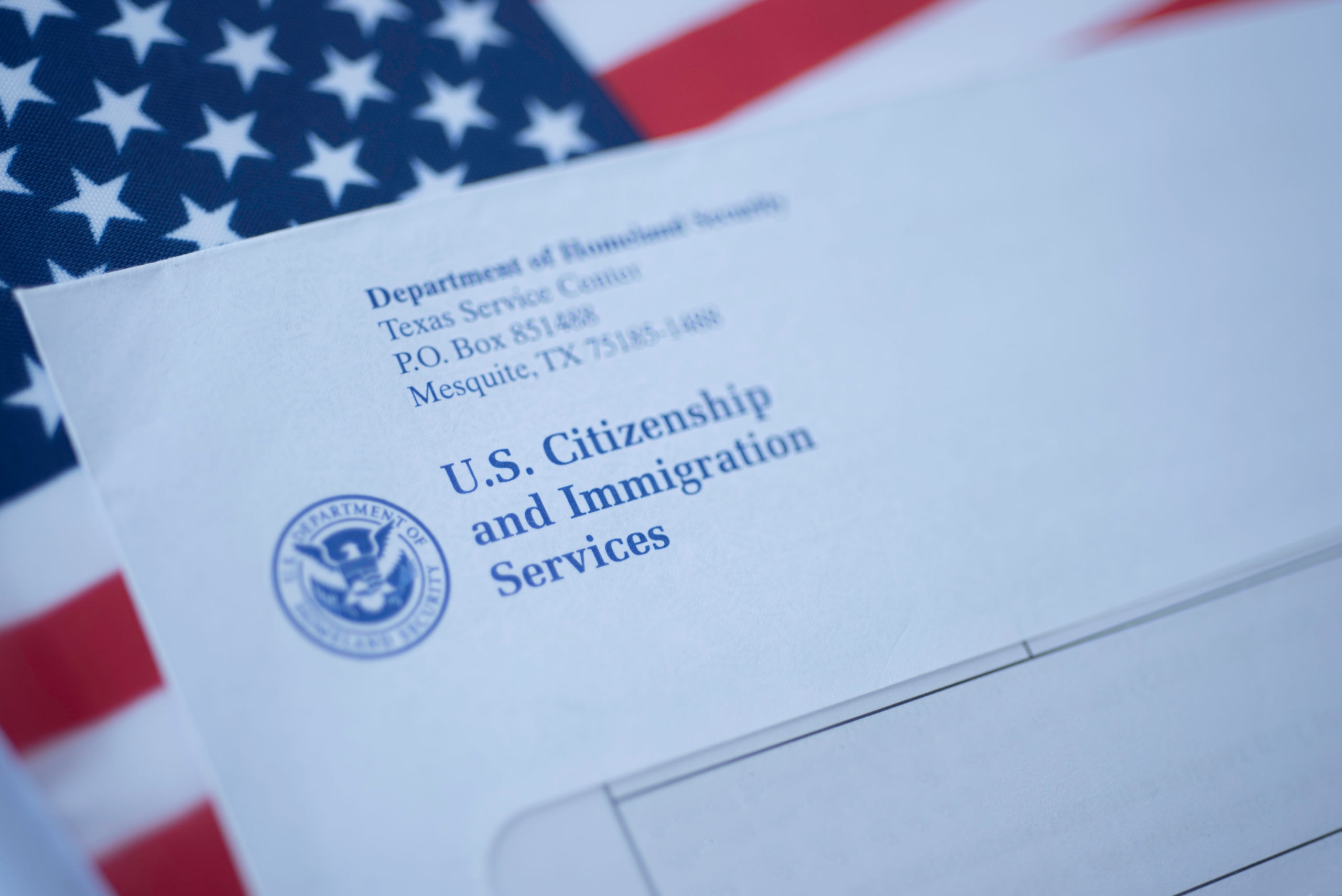By: Richard Hanus, Esq.
Published May 17, 2021
Attaining lawful permanent resident (Green Card) status by way of a job offer and one’s advanced education and/or experience is among the most obstacle ridden processes on our nation’s immigration benefits menu. There are countless ways the process can fail, whether the worker is abroad waiting to obtain an immigrant visa from a U.S. consular post or even more so, when the applicant is in the U.S. on a temporary visa and looking to “adjust” their status to permanent resident.
The latter category of applicants and their employers received extraordinarily good news in recent weeks when U.S. Department of Homeland Security’s Citizenship and Immigration Services (DHS/CIS) confirmed they’d be returning to a Pre-Trump policy that’s more faithful to congressional intent and makes the road to green card more practical. More specifically, DHS/CIS will be once again deferring to their own previous decisions when deciding requests for extensions of temporary work visa status involving the same parties and position, and abandoning a policy of seeking new ways to deny such straight forward filings.
The road to green card via job offer for a foreign national staying in the U.S. on a temporary work or student visa can last anywhere from 1 to 5 years, and for workers from India, 10 to 15 years. In that time, the foreign national is required to maintain their lawful temporary visa status in the U.S.
Life for this class of green card applicant has been rough in the past 4 years, as the Trump Administration took unprecedented measures to find ways to deny work visa extension requests by reevaluating, under new standards, previous decisions approving identical parties and positions. Either the job, the wage or some other detail was found to fall short of newly concocted legal requirements, and from there, the employer and their valued worker were forced to scramble and sometimes part ways due to what became known as Trump’s “invisible wall”. The Trump policy led to an unprecedented number of denied work visa extensions and as a consequence, an unprecedented volume of federal lawsuits challenging the legality of the policy.
That policy, among many others, led many talented, ambitious foreign nationals and their employers to wonder if navigating around an even more complicated gauntlet was worth it. Naturally, employers looking to make a temporary work visa arrangement more permanent, and employees seeking to establish a home here, want some sense of predictability while managing the path to a green card. The reversal of Trump’s policy does not mean immigration authorities can never question the legitimacy of previous agency decisions, especially when some compelling evidence prompting reevaluation comes to light. But undoubtedly, a return to a deferential approach to earlier decisions is one step toward bringing a little more sanity to the employment based green card process.
More can be learned by reading the actual texts of the recent Biden Administration decision along with the 2004 memorandum creating the original policy of deference to earlier decisions at the following link – https://www.uscis.gov/policy-manual/volume-2-part-a-chapter-4
PUBLISHED May 17, 2021– “IMMIGRATION LAW FORUM” Copyright © 2021, By Law Offices of Richard Hanus, Chicago, Illinois

